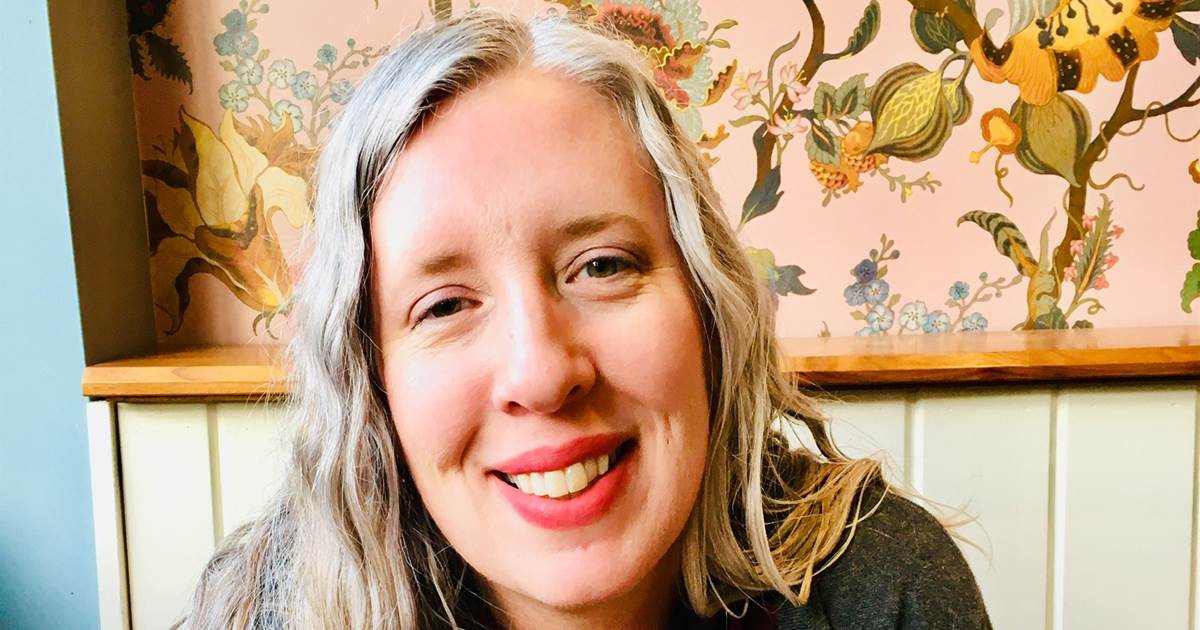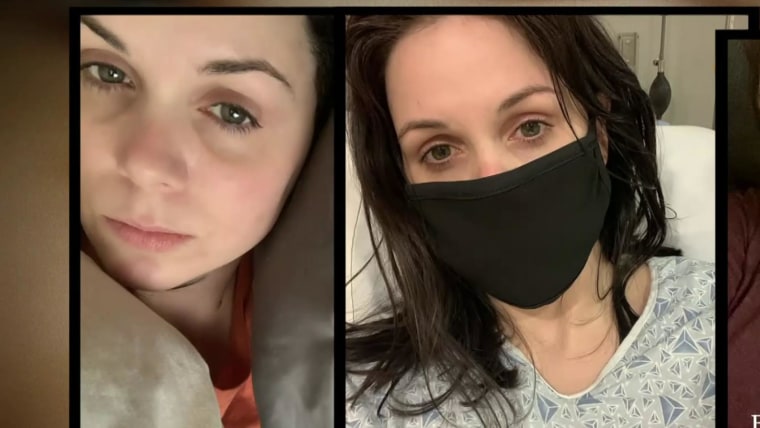Major medical centers nationwide trying to understand why some COVID-19 patients continue to have symptoms weeks and even months after having been diagnosed with the coronavirus.
Amy Watson, 47, is one of those patients. She’s had a fever, she said, for more than 100 days.
“It’s been maddening,” said Watson, a preschool teacher in Portland, Oregon. Since mid-March, her temperature has crept up to 100 or 101 degrees almost daily by midafternoon.
She was diagnosed with COVID-19 in April, about a month after her symptoms — cough, congestion and extreme fatigue — began. Now, those symptoms have evolved into weeks of low-grade fever and a burning sensation under her skin.
Full coverage of the coronavirus outbreak
Watson’s illness was never severe enough to warrant hospitalization. Instead, her symptoms have lurked in the background, never fully resolving. Doctors have had few answers for her.
“My doctor has been very good at listening to me. She just doesn’t have a lot of ideas as far as how to fix what’s wrong,” Watson said.
But there is a growing movement among health care providers to not only listen but also figure out ways to help such patients.
“Physicians should not be discounting the experience of individuals, especially in the case of a disease that we know next to nothing about,” said David Putrino, a physical therapist and assistant professor at the Mount Sinai Health System in New York City.
“This is very real condition,” he said.
Let our news meet your inbox. The news and stories that matters, delivered weekday mornings.
Last week, the World Health Organization and the Centers for Disease Control and Prevention also acknowledged such reports and said they are working to better understand the recovery phase of the illness.
Physicians should not be discounting the experience of individuals, especially in the case of a disease that we know next to nothing about.
Putrino and colleagues at Mount Sinai have begun monitoring COVID-19 patients who experience a milder, long-lasting form of the virus at home.
“What we’re trying to understand is what does this new syndrome look like?” Putrino said. “How might we manage it, and how might we help some of these people get back to a regular daily life?”
Dr. Jessica Dine, a lung doctor at Penn Medicine in Philadelphia, said she began noticing a subset of COVID-19 patients whose symptoms lingered long after their diagnoses thanks to a hospital program called COVID Watch, a texting service that does daily check-ins with COVID-19 patients at home.
Now Dine, who is also the director of the advance consultative pulmonary division at Penn Medicine, is


